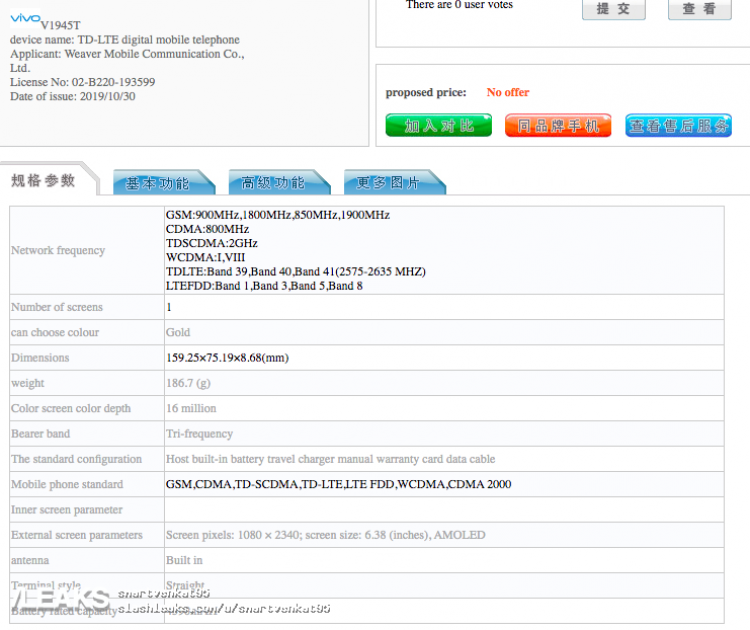The US government has proposed a law to tax the electricity used by the miners of cryptocurrencies, as they produce negative spillovers in the environment.
Named Digital Asset Mining Energy excise tax, the proposal notes taxing 30% of their electricity consumption for mining activity. While it’s yet to be enacted, experts note that this new law may not be effective in controlling the mining operations in the country.
Taxing the Heavy Electricity Usage
While many believe cryptocurrencies to be the new model of value exchange, creating them is making a huge impact on the environment. To the unknown, cryptocurrencies can be minted using certain hardware – as used in PCs – and then be exchanged for something else.
This minting process often takes a lot of computational and electricity resources – which are as high as some nations’ annual electricity consumption! A report from The New York Times stated that the combined electricity usage of the top 34 cryptocurrency mining operations in the US is equal to that of three million households in the country.
Some reports even stated that the electricity consumption in mining Bitcoin is more than in some countries like Argentina, Norway and the Netherlands. With such numbers in hand, the US has decided to limit the activity – by imposing a 30% excise tax on the electricity consumption of crypto miners.
The same has been included in the proposal for it’s fiscal budget of 2024, named the Digital Asset Mining Energy or DAME excise tax. The government stated that crypto mining has “negative spillovers on the environment“, as the pollution it generates “falls disproportionately on low-income neighborhoods and communities of color”.
Saying that it could cause service interruptions and even increase the electricity prices for people around them, the Joe Biden administration decided to pressure them for the good. Well, Yahoo News reported that some industries like steel manufacturing units use significant amounts of electricity too – similar to cryptocurrency mining – but aren’t taxed variably as the latter.
But the US Govt defended this call saying that crypto mining “does not generate the local and national economic benefits typically associated with businesses using similar amounts of electricity”.
Well, experts think that this method couldn’t be an effective solution for limiting cryptocurrency mining, but taxing the amount of carbon emissions will, as it’ll force the miners to look for cleaner solutions to mint coins.
As we debate on this, if the new proposal proceeds to become law, it’ll charge the miners as follows – 10% tax on miners’ electricity use in the first year, 20% in the second and then 30% from the third year onwards.
Other Trending News:- News







